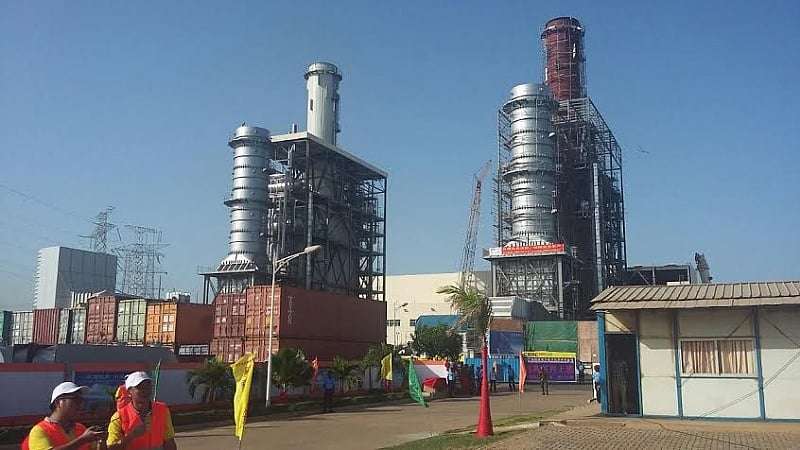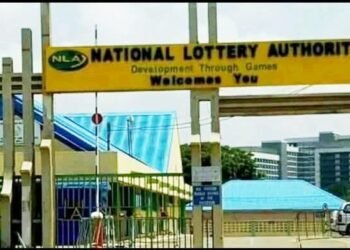Sunon Asogli Power (Ghana) Limited has decided to postpone the shutdown of its plant for a week.
The company attributed this decision to the intervention and assurance provided by the Minister of Finance and Minister of State. The independent power producer had previously declared the indefinite closure of its 560MW plant, leading to an immediate suspension of its operations.
The company cited the government’s delayed fulfilment of its financial commitments to the power plant’s management as the reason for this decision.
However, the company demanded that the government will confirm payments of its debt.
“Kindly confirm our understanding that we shall be paid an interim sum of $60 million in two tranches. The first tranche $30 million to be paid this week and the second tranche in the week of 11th December 2023.”
Sunon Asogli
The company expressed concern that the accumulating unpaid bills have severely impacted its operational capacity, rendering it unsustainable to continue operations without addressing these financial challenges. Independent Power Producers (IPPs) have consistently raised grievances regarding the government’s outstanding debts to them.

Despite various efforts, including threats to suspend operations, no significant resolution had been achieved. As of July 2023, reports indicated that the government’s debt to the IPPs had reached approximately $1.6 billion. The IPPs strongly criticized the recent 1.52 percent reduction in electricity tariffs announced by the Public Utilities Regulatory Commission (PURC), deeming it unacceptable.
They argued that this reduction would adversely affect the debt restructuring efforts of the Electricity Company of Ghana (ECG).
Dr. Elikplim Apetorgbor, the President of the IPPs, remarked that the ECG would face challenges in settling its debts.
“We are currently on life support and cannot assure continuity. If a reduction, let’s say 30% or 40%, is implemented, who will assume responsibility for settling our debts?”
Dr. Elikplim Apetorgbor
Ghana’s Longstanding Woes With IPP Debts
Ghana has over many years battled with significant challenges in meeting its financial obligations to independent power producers (IPPs), leading to a precarious situation that directly impacts the supply of electricity to homes and industries. Ghana owes IPPs over USD 750 million. The struggle to pay IPPs has created a domino effect, creating a ripple of consequences throughout the energy sector.
The failure to promptly compensate IPPs has triggered a series of issues, the most immediate being a strain on the country’s power supply. IPPs play a critical role in contributing to the national grid, and any disruption in their operations directly affects the overall electricity generation capacity. As a result, homes and industries face the brunt of power outages and irregularities, causing inconvenience, operational disruptions, and economic losses.

The financial constraints faced by the government have also hindered investment in the energy sector. The uncertainty surrounding payments creates a deterrent for potential investors, both domestic and foreign, who are crucial for the development and expansion of the country’s energy infrastructure. This, in turn, stymies the growth of the sector and the nation’s overall economic progress.
Furthermore, the persistent struggle to pay IPPs has raised concerns about the sustainability of the power generation industry. It jeopardizes existing contracts and undermines the confidence of stakeholders, including private entities involved in power production. This poses a long-term threat to the stability of Ghana’s energy landscape, potentially hindering the government’s efforts to provide reliable and affordable electricity to its citizens.
The Ghanaian government needs to prioritize resolving outstanding payments to IPPs and establish a sustainable financial framework that ensures timely compensation. This will not only stabilize the power supply but also restore confidence in the energy sector, encouraging investment and fostering a conducive environment for future growth.
Swift and effective measures are imperative to prevent a prolonged and detrimental impact on both the energy sector and the broader economy.
READ ALSO: NDC Clarifies Disqualification In Odododiodio Constituency Parliamentary Primary


















